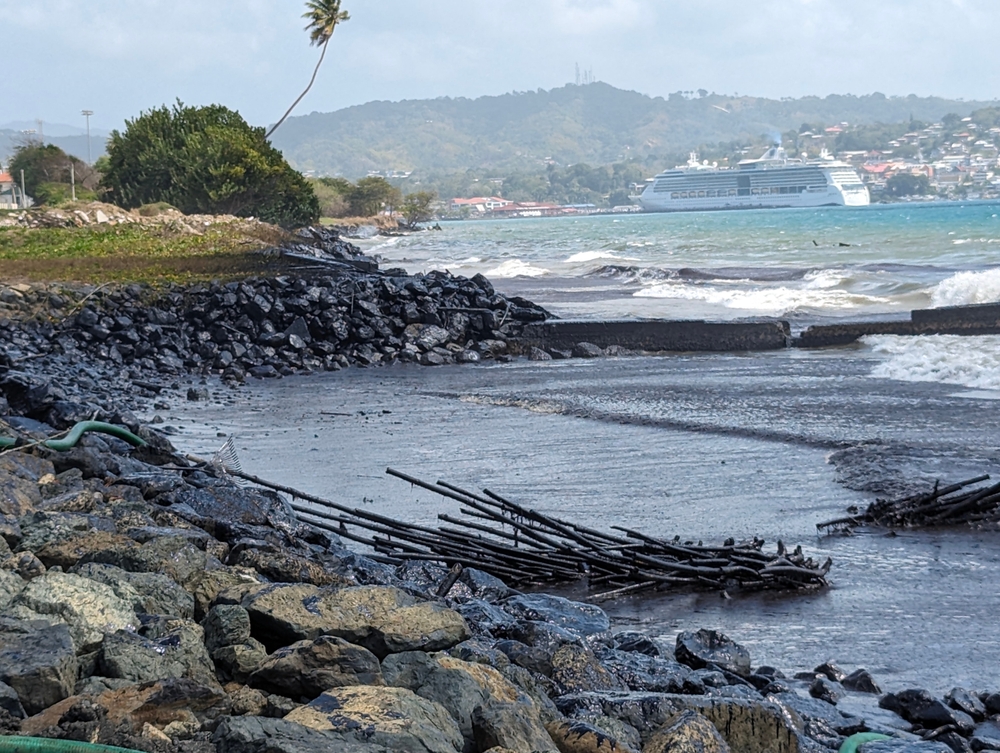The spill has left beaches covered in oil.
Others are reading now
An oil spill has wreaked havoc on the northwest coast of Venezuela, severely impacting both the fishing industry and tourism in the region.
37,000 Football Fields
The spill, which has been affecting the area for several days according to L’independent, has left beaches covered in oil, according to local residents and environmentalists.
The spill has been particularly devastating in Puerto Cabello, located in the state of Carabobo, near the El Palito refinery—one of Venezuela’s largest oil refineries. Journalists on the scene have reported seeing large, dark patches of oil contaminating the sand and rocks along the coast.
Environmental researcher Eduardo Klein described the spill as an “enormous oil slick” covering an area equivalent to 225 square kilometers, which he compared to the size of 37,000 football fields. Klein shared satellite images on social media to illustrate the extent of the damage.
Also read
Fishermen Out of Work
The state-owned oil company, Petroleos de Venezuela (PDVSA), has yet to comment on the spill. Local fisherman Antonio Giusti told AFP on August 19 that the spill has left them “practically out of work” for over a week, as they are unable to fish in the contaminated waters off Puerto Cabello.
This is not the first time the El Palito refinery has been linked to environmental issues. In late 2023, a similar incident occurred, with PDVSA attributing it to “hydrocarbons, wastewater, or effluents” leaking into the marine environment.
Venezuela, which boasts the world’s largest oil reserves, has seen its oil production plummet from 3 million barrels per day more than a decade ago to just 400,000 barrels per day in 2020.
The decline has been attributed to corruption, mismanagement, and U.S. sanctions, leaving the country’s oil infrastructure in dire condition. Today, production has rebounded slightly, nearing 1 million barrels per day.



